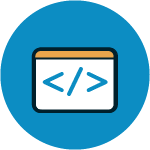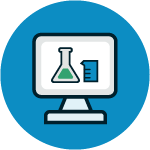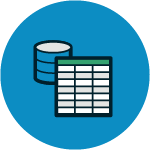Neuro-immune Interactions | 2020
Activation of Transposable Elements as a Trigger of Neuroinflammation in Parkinson’s Disease
Study Rationale: Inflammation is a common event in Parkinson’s disease (PD), but its source remains unclear. There are many candidates that could cause inflammation in the nervous system. One likely candidate involves the activity of transposable elements, which are viral-like gene fragments left over from viral infections. While transposable elements are normally inactive, certain stressors can reactivate these genes, leading to a potential immune response, including inflammation.
Hypothesis: This study will seek to determine whether transposable elements are active in tissues from patients with Parkinson’s disease and whether this activity can induce inflammation in the nervous system.
Study Design: Team Jakobsson will first look for evidence of transposable element activity using single-cell RNA sequencing of tissues from people with Parkinson’s disease. This particular experiment will also allow the team to determine whether patient cells that show more transposable element activity also show increased signs of inflammation. Because cells of the central nervous system (neurons, astrocytes, and microglia) can be grown in a laboratory culture system, Team Jakobsson can also test whether manipulations that induce transposable element activity in these cells also causes an immune response that would result in inflammation. This would suggest that blocking transposon activity could block inflammation.
Impact on Diagnosis/Treatment of Parkinson’s Disease: If Team Jakobsson can determine that transposable element activity is the trigger for inflammation in the setting of Parkinson’s disease, it would open several unexplored options for treatment. This would enable the targeted development of anti-inflammatory or anti-viral compounds effective against the specific triggers seen in PD patient samples.
Leadership
Project Outcomes
This project, which investigates an entirely new pathogenic mechanism in PD, has the potential to open up a number of new avenues of PD research with clear clinical relevance, including both diagnostics and therapeutics. View Team Outcomes.
Team Outputs
Click the following icons to learn more about the team’s outputs:
Overall Contributions
Here is an overview of how this team’s article findings have contributed to the PD field as of February 2025. There are two different categorizations of these contributions – one by impact to the PD community and a second by scientific theme.
Impact
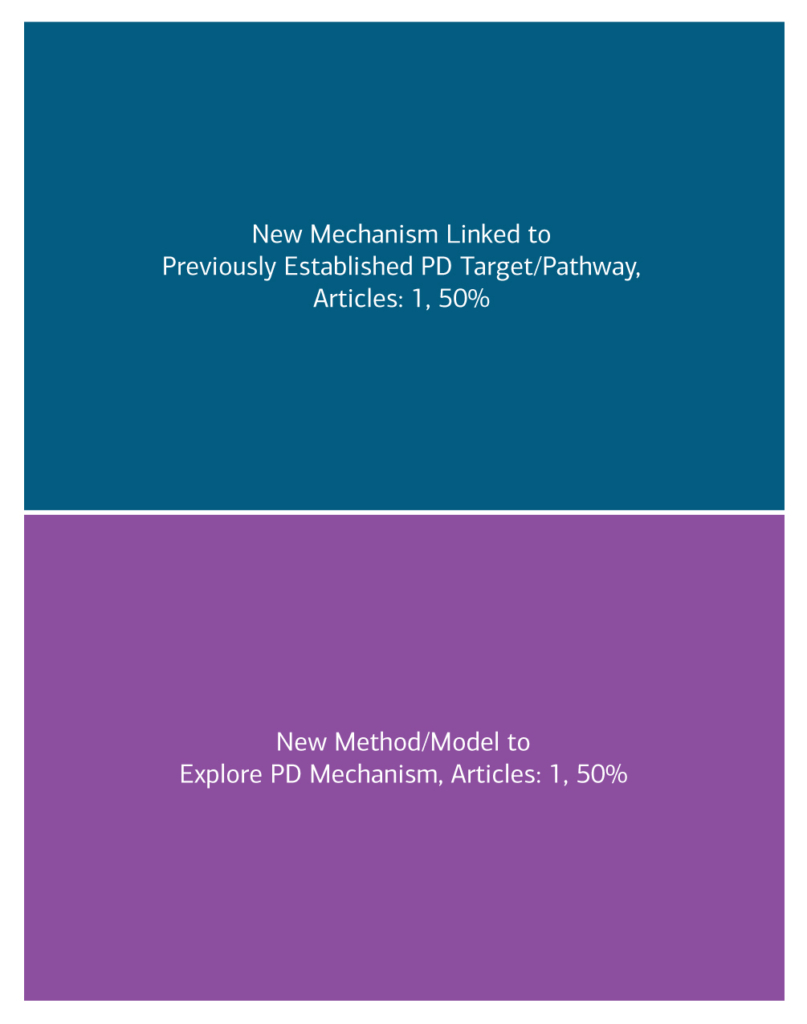
Theme
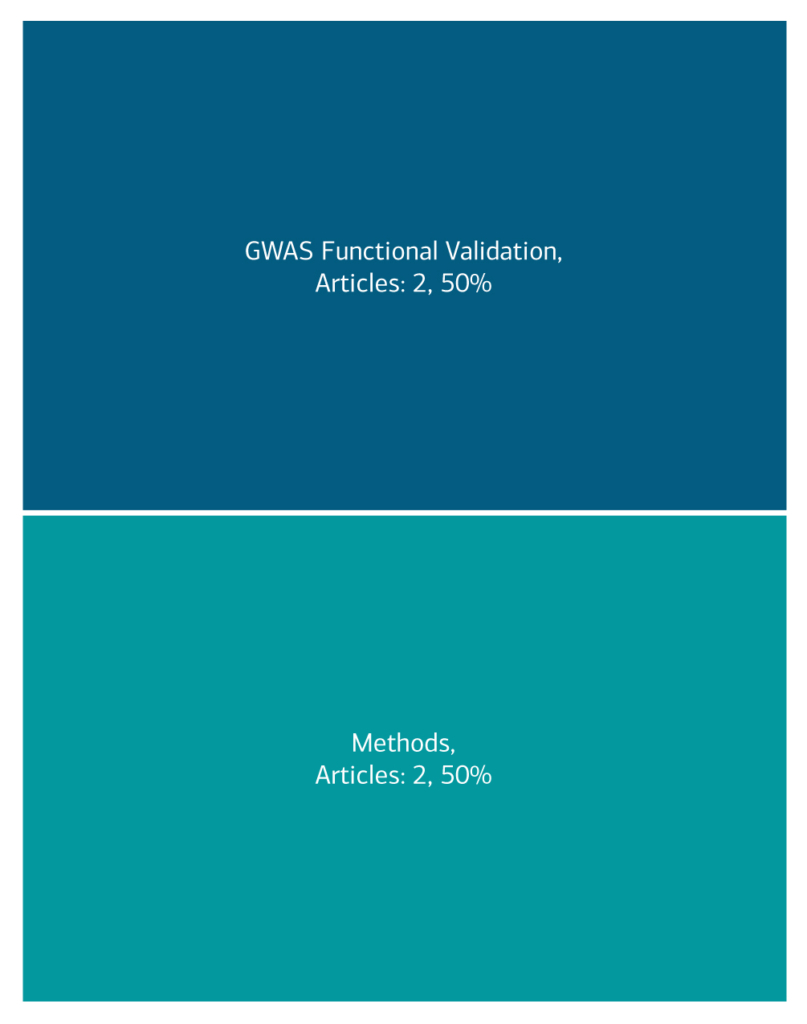
Featured Output
Below is an example of a research output from the team that contributes to the ASAP mission of accelerating discoveries for PD.
L1 retrotransposons drive human neuronal transcriptome complexity and functional diversification
Team Jakobsson reports that retrotransposons, a form of genetic variation frequently overlooked owing to their abundance and heterogeneity, may represent an important and previously overlooked risk factor in PD. This preprint suggests that there are major differences in gene expression across brain regions in PD which could be responsible for certain aspects of pathogenesis and pathology in PD. If true, this work would change how we think about the scope of PD genetics at a population scale, and provide new avenues of research to understand how gene regulatory mechanisms alter PD risk, and how therapeutic strategies may be affected.
Team Accolades
Members of the team have been recognized for their contributions.
- Open Science Champions: Oliver Tam
- Network Spotlights: Shaline Fazal, Oliver Tam
- Awards
- 2023 Collaborative Meeting: Raquel Garza (First Place Winner in Neuro-Immune; San Diego)
- COSA Prize Winners 2024: Raquel Garza (First Place)
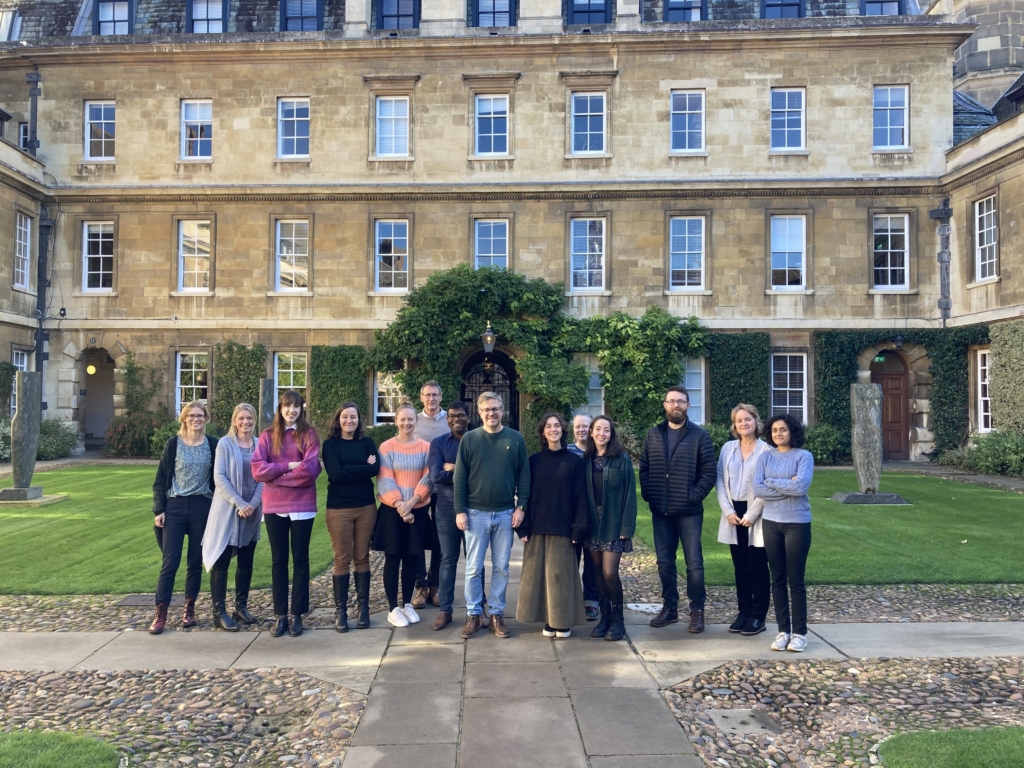
Other Team Activities
- Interest Groups: Sequencing/Omics – Johan Jakobsson (Co-Chair)
In the News
- Check back soon for updates from Team Jakobsson.








